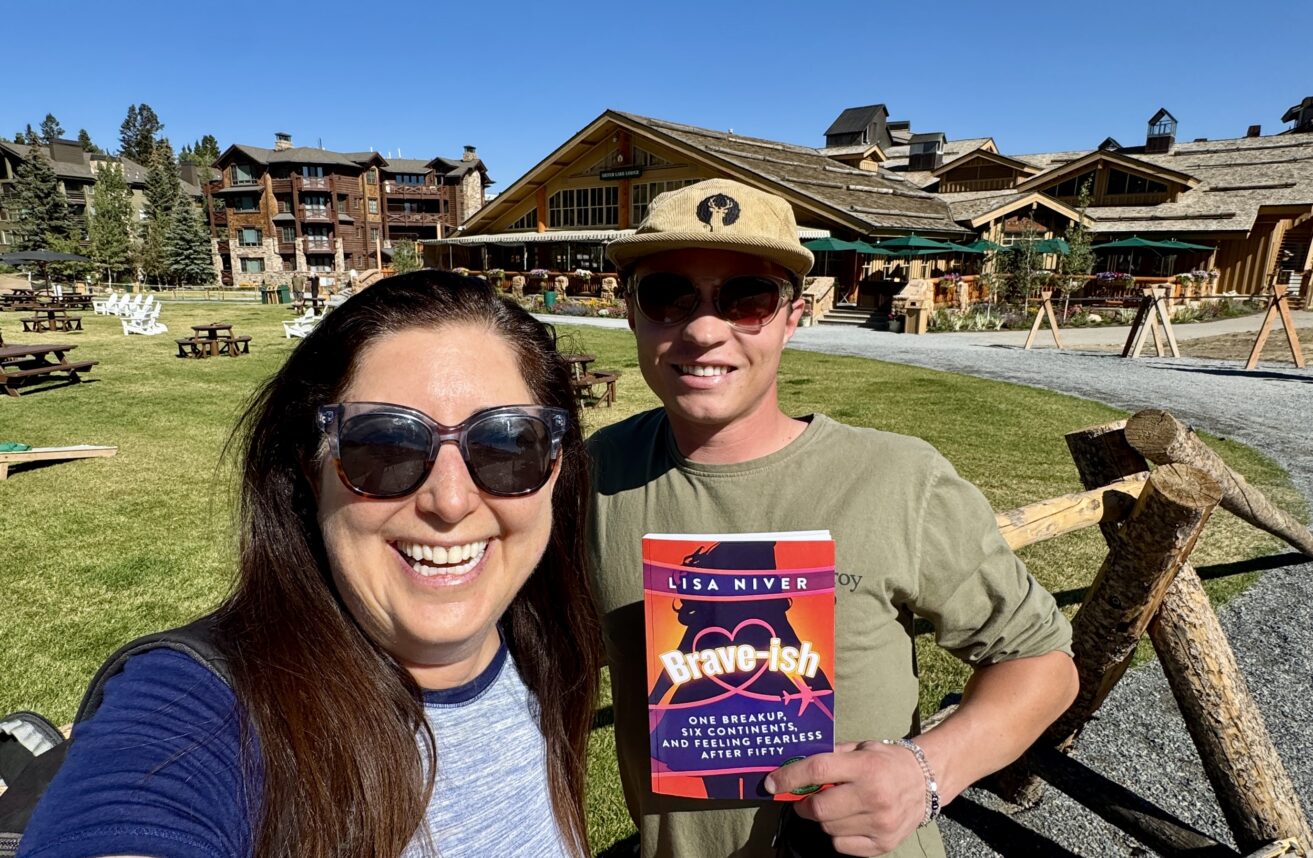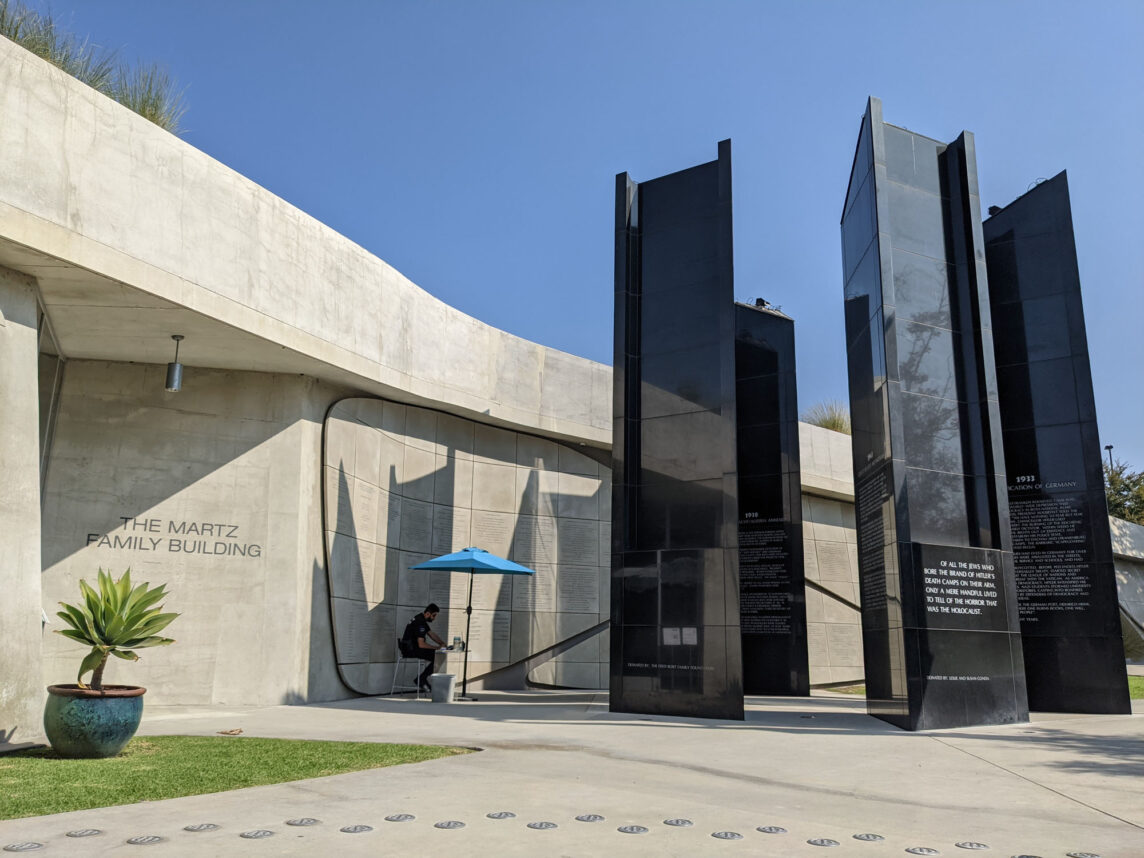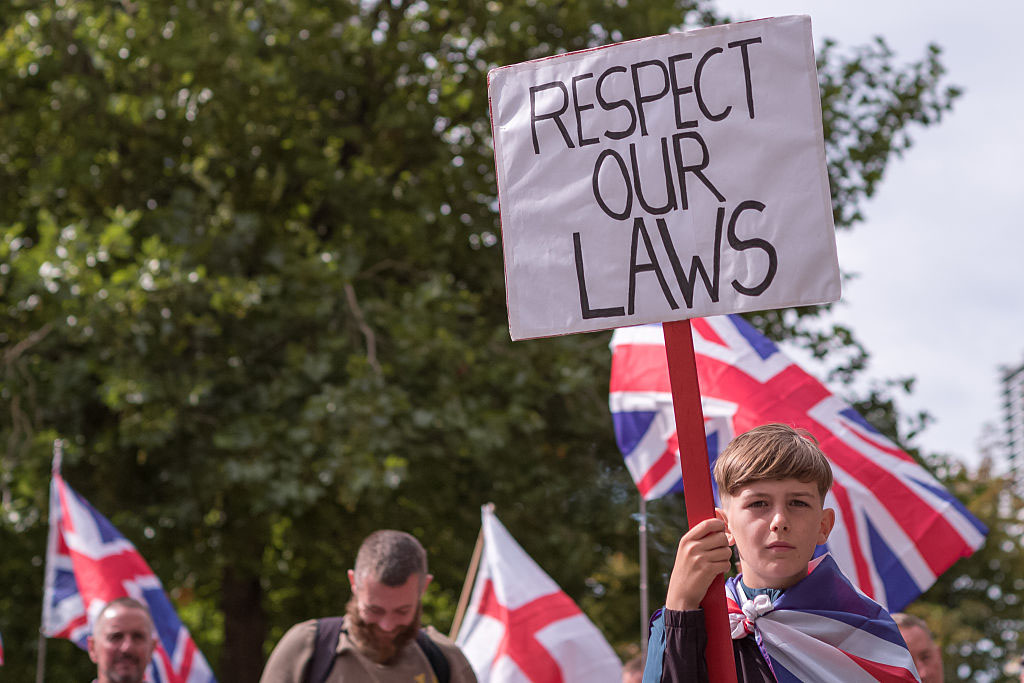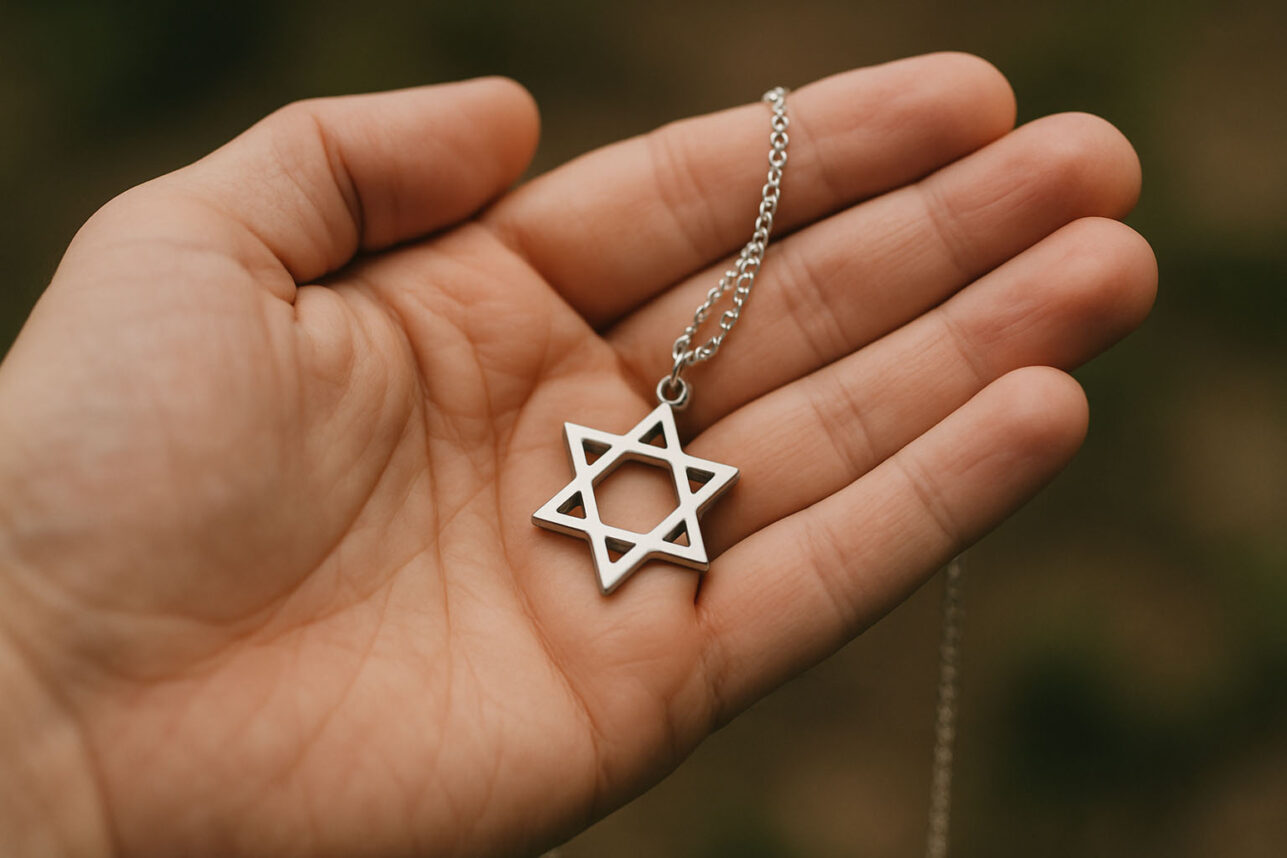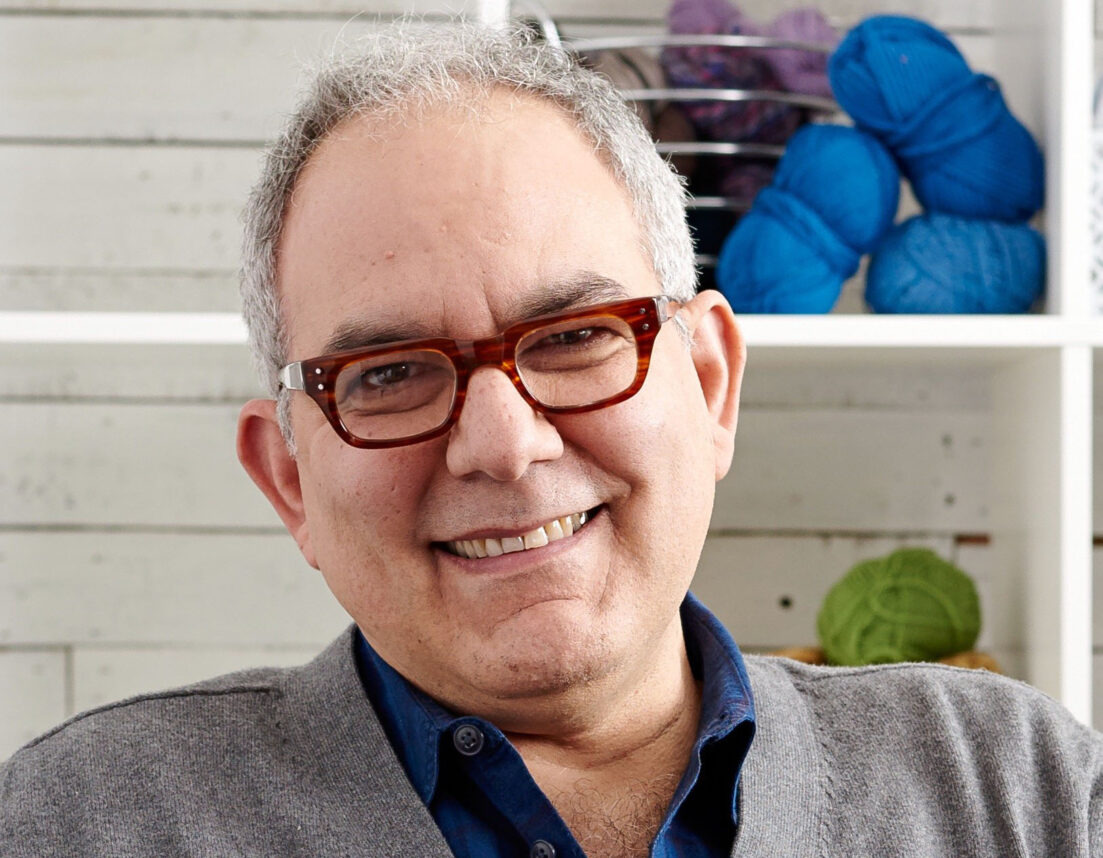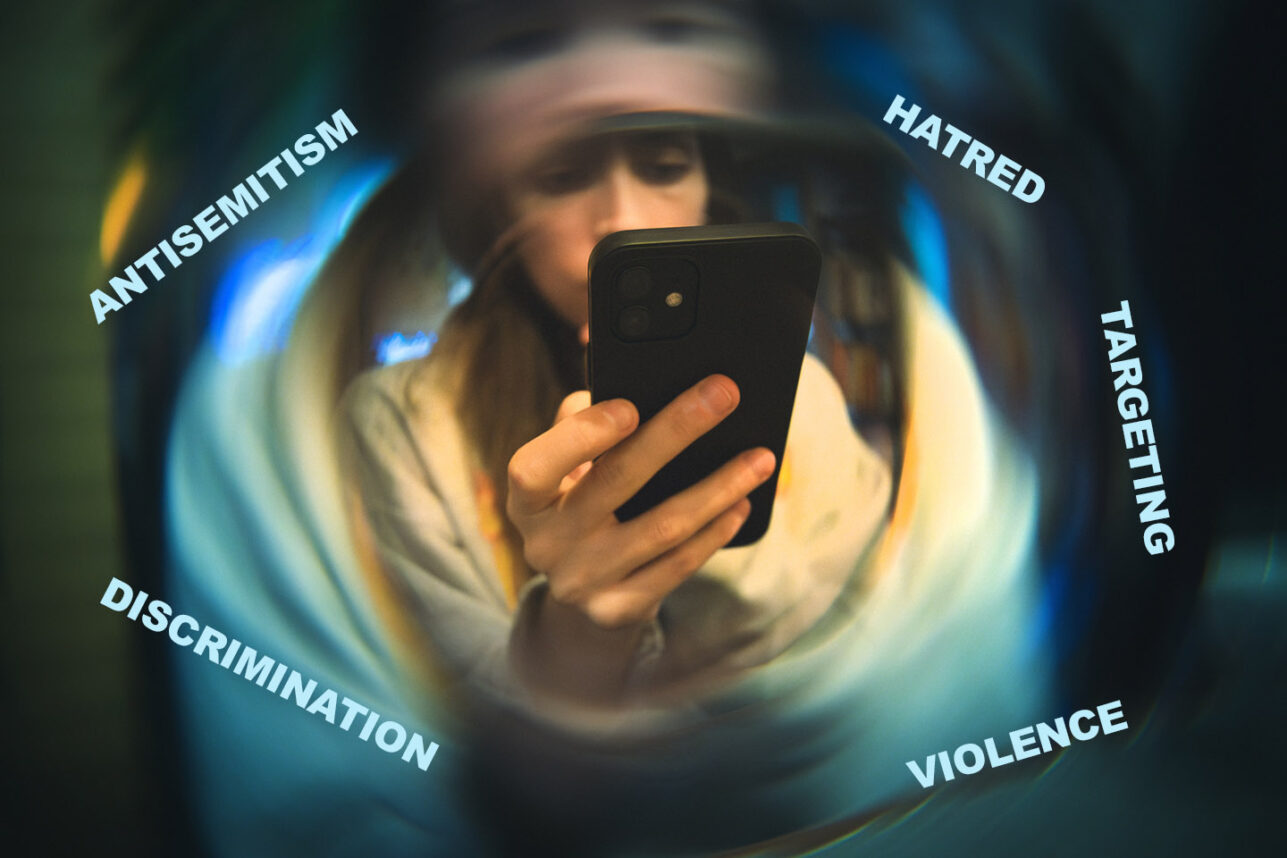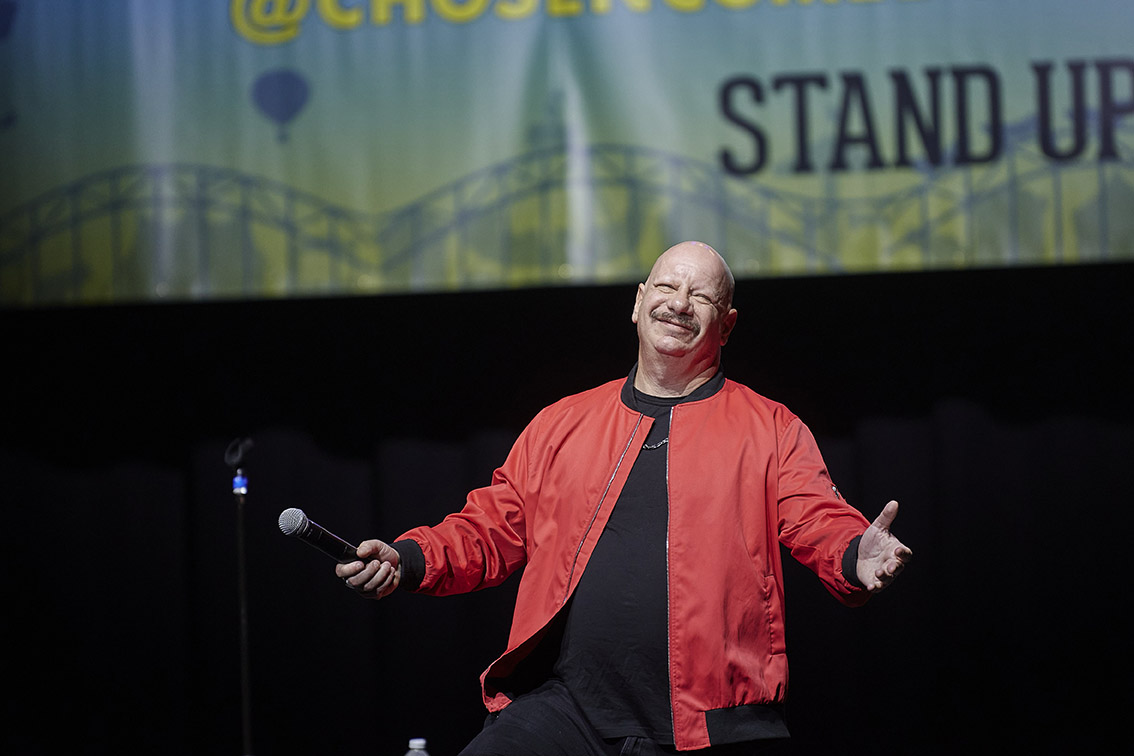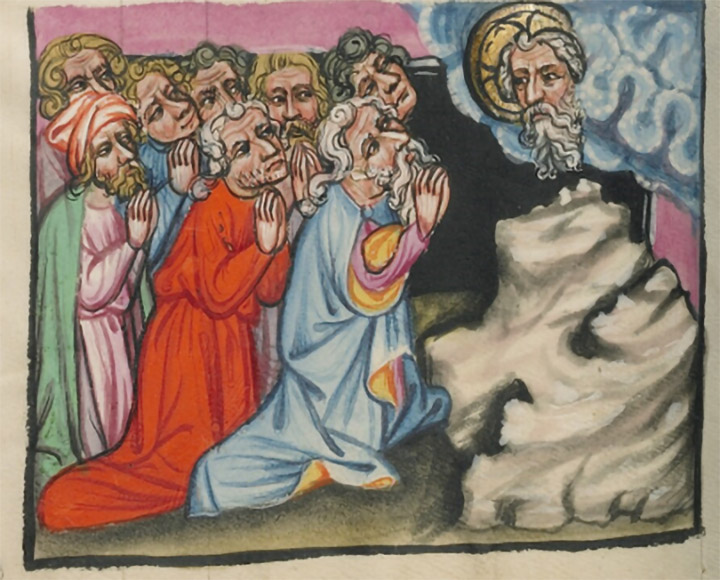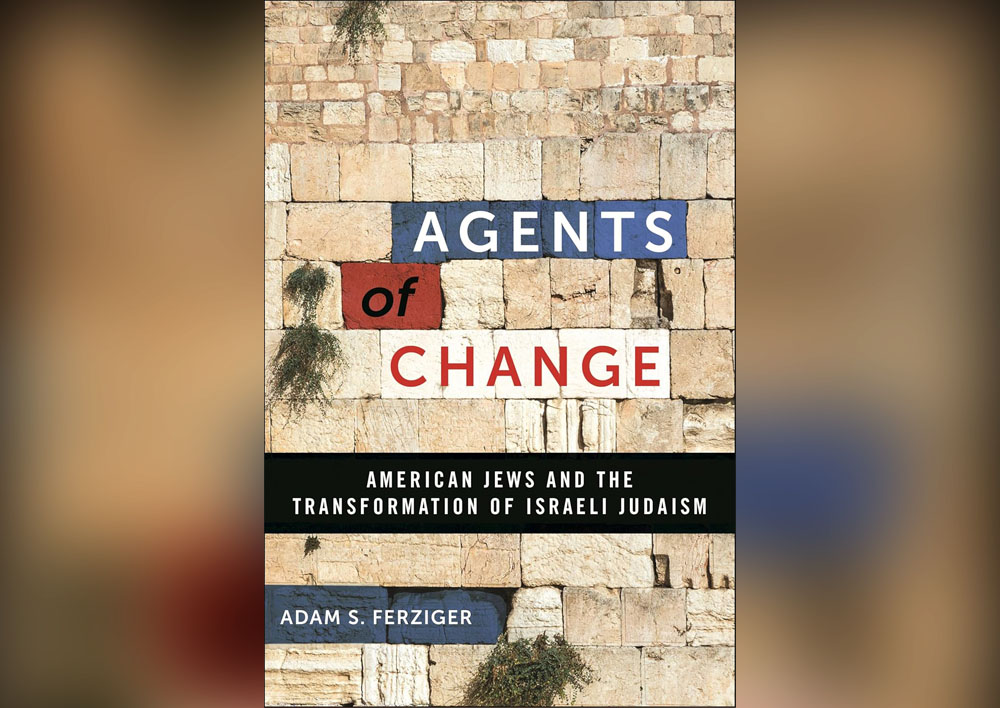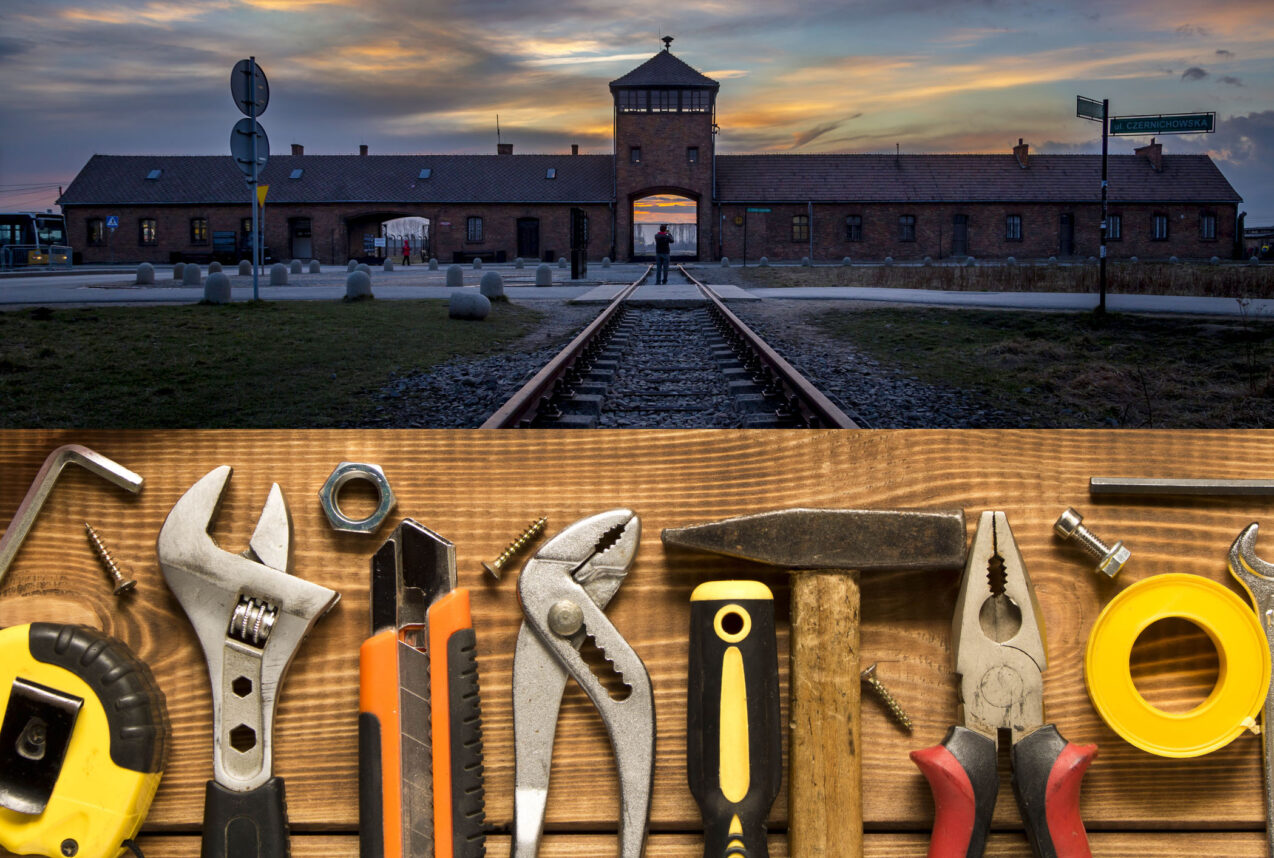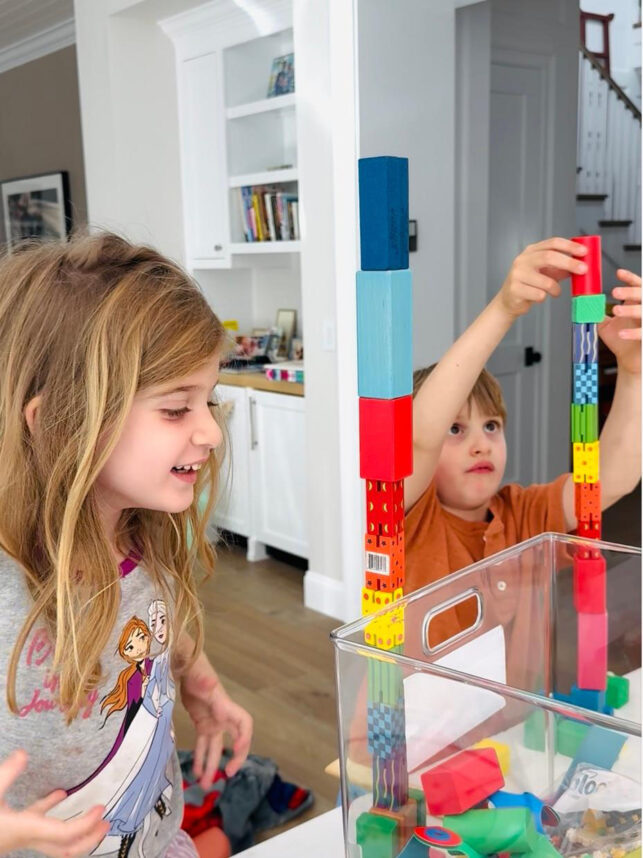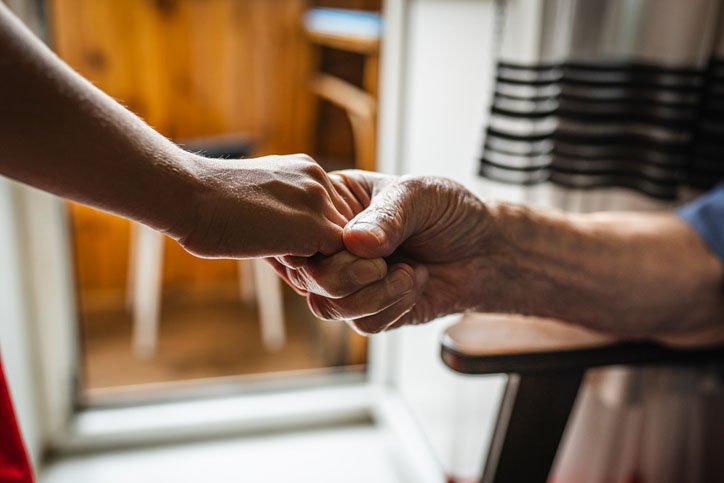Richard Lovett took over as head of Creative Artists Agency (CAA) in 1995. That put the 41-year-old Wisconsin native near the top of the Hollywood food chain. But in the few profiles and interviews Lovett has consented to, the picture that emerges is hardly that of the old-style (like, 1980s) carnivorous über agent.
“He’s balanced,” said one longtime acquaintance. “He’s driven but he’s not only driven.”
A doctor’s son raised in suburban Milwaukee, Lovett struck out for Los Angeles at 22, camping out on the floor of a friend’s apartment in Glendale. Three days after arriving, two employees at the CAA mailroom quit, and Lovett got the job.
He moved up, garnering such clients as Steven Spielberg, Tom Hanks, Julia Roberts, Tobey Maguire and Nicholas Cage. Lovett has been credited with softening the agency’s image, redirecting its focus from corporate deal-making toward being a traditional talent agency.
“It was a company that people were afraid of,” Lovett told The New York Times’ Bernard Weinraub. “It was a fear-based company. We don’t believe in that kind of company. Maybe with the change of image it appears that we’re not the fearsome machine we were. But we would argue that the results are better.”
A sports and yoga enthusiast, Lovett lives on the Westside with his wife, Brittany. On Jan. 14, Spielberg’s Survivors of the Shoah Visual History Foundation will honor Lovett at a benefit dinner hosted by Mike Myers. Lovett doesn’t do a lot of interviews, but warmed to the idea of answering questions — by e-mail — about his Jewish background and the charitable endeavors that have marked his tenure at CAA.
Jewish Journal: There are 28,000 Jews in Wisconsin. For Jews from parts of L.A. or New York, it takes a while to realize the whole world isn’t Jewish. I’m going to assume that wasn’t the case growing up in Milwaukee. What are your early memories about being Jewish? What had the most influence on shaping your Jewish identity?
Richard Lovett: I went to Sunday school and had my afternoons of Hebrew school on the way to my bar mitzvah, but it was the full immersion in the spirit of this wonderful Jewish summer camp, Camp Interlaken [JCC], in Eagle River, Wis., that was most influential in shaping my Jewish identity.
The camp was led by an extraordinary woman named Ateret Cohen, who led the camp in the weekly celebration of Shabbat, educated the campers through evening programs about Russian Jewry, the Holocaust and life in Israel. Meals were followed by great and spirited singing in Hebrew and English. Ateret always said, ‘Everyone gets a second chance at Camp Interlaken,’ which created a sense that it was okay to try and fail. It inspired everyone to encourage one another to do their best. She helped everyone focus on each kid’s talents as opposed to their weaknesses, and helped create a sense that Jewish life is about celebration, hopefulness and inclusiveness.
JJ: You’ve committed the CAA Foundation in a major way to improving public education. Why is this important to you?
RL: When the company transitioned and myself and my partners were given the opportunity to lead the company in 1995, we all agreed that the company should stand for something more than the business of our business. Those of us working at CAA in all areas of the company understand how fortunate we are to have wonderful jobs at a company that is strong and has the good fortune of resources and access that can be useful for the betterment of our community and beyond. In fact, Michelle Kydd Lee, the executive director for the CAA Foundation, was the very first hire by new management.
JJ: You also teach a class to students at Venice High School on self-esteem and goal-setting. Why?
RL: I began teaching at Venice High School in 1994. Education is particularly important to me. It seems to me that education is hope and education is opportunity. I wanted to work in a public school, so I truly understood the needs and issues in our public school system, at least in West Los Angeles. I also wanted to be hands-on with kids. Over time, I am quite certain that they have taught me far more than I have taught them.
JJ: When did you first tour the Shoah Foundation? How did it affect you?
RL: I toured the Shoah Foundation twice. It was very difficult to call up the appropriate words to describe my response to testimonials from survivors. Their courage and humanity in the face of such evil is heartbreaking and inspiring.
JJ: One thing I’ve found touring the Shoah Foundation is there’s no survivor fatigue — no matter how many stories I heard, I found each one wrenching, heartbreaking, even shocking. I wonder if you think, as the foundation expands to bring these testimonies into schools, whether they’ll have the same impact in the classroom?
RL: I brought a group of Venice High School students to the Shoah Foundation for my second visit. Now that Shoah has accomplished its goal of filming survivor testimonies, their mandate is now one of education: to use those testimonies to educate children about the pain that prejudice can bring, to prevent prejudice in their own lives and actions, and to speak out when they are the unfortunate witnesses to prejudice and intolerance.
The students reaction to their tour, the testimonials and an extraordinary visit with Sigi Hart, a Holocaust survivor, proves that the Shoah Foundation is a powerful, irreplaceable, educational tool and a force for hope. The students were transformed.
For information and tickets for the Jan. 14 dinner at Universal Studios honoring Richard Lovett, call (818) 777-7876.









